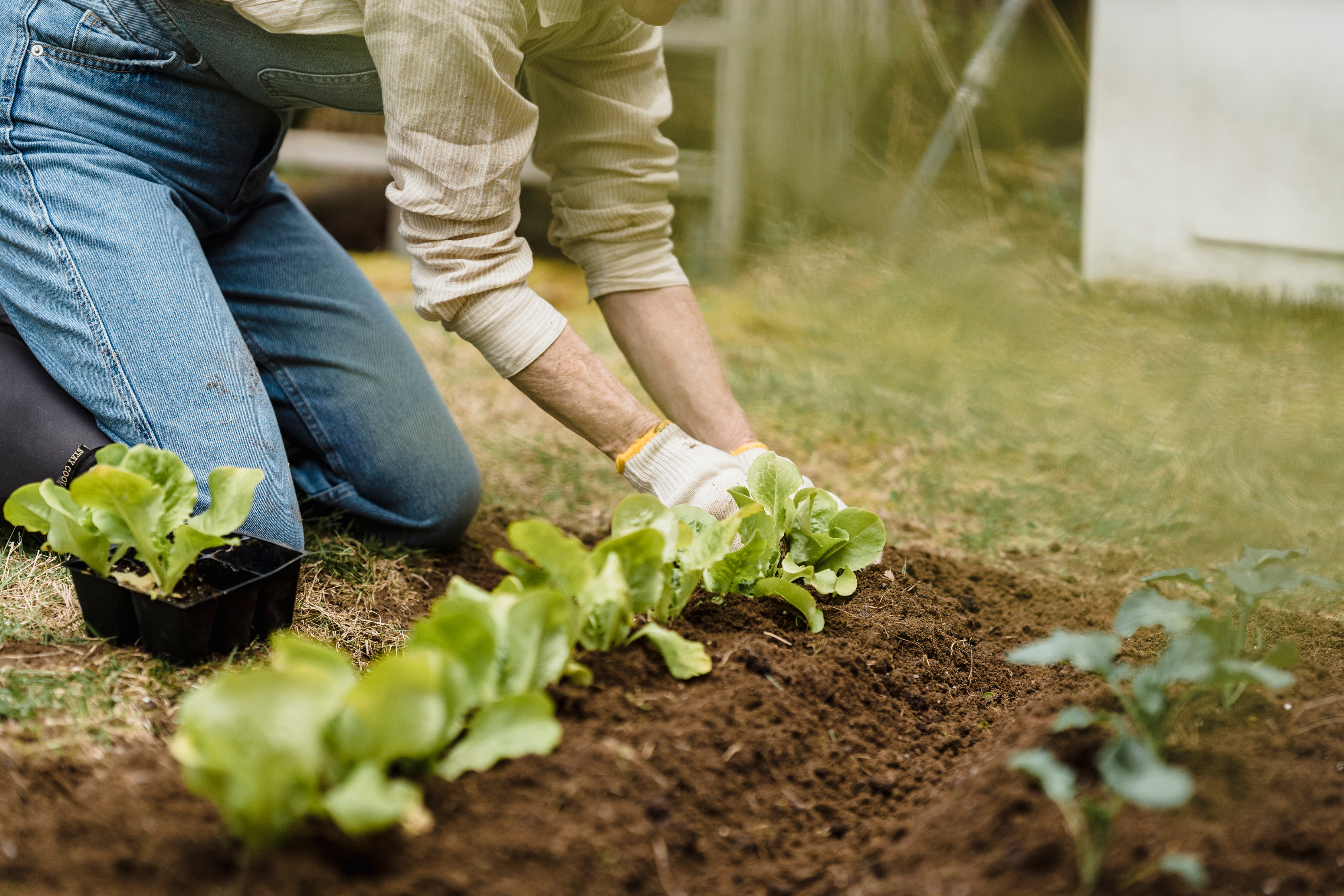Introduction:
Embarking on the journey of plant parenthood is a rewarding experience that brings the beauty of nature into your home while nurturing a sense of responsibility and care. Whether you're a seasoned plant enthusiast or a novice green thumb, providing the best care for your leafy companions ensures they thrive and flourish. In this guide, we'll explore essential tips for raising healthy and happy plants, guiding you through the joys and challenges of plant parenthood.
1. Know Your Plants:
Before bringing a new plant into your home, take the time to research its specific care requirements. Each plant has unique needs in terms of light, water, humidity, and temperature. Understanding these requirements is crucial for providing optimal care and ensuring your plants thrive.
2. Light Matters:
Light is essential for photosynthesis, the process by which plants convert light into energy. Place your plants in locations that receive the appropriate amount of light for their species. While some plants thrive in bright, indirect light, others prefer lower light conditions. Observe your plant's response to its environment and adjust its placement accordingly.
3. Water Wisely:
Overwatering is one of the most common mistakes made by plant parents. Before watering your plants, check the moisture level of the soil using your finger. Water only when the top inch of soil feels dry to the touch. Different plants have varying water requirements, so tailor your watering schedule to meet the needs of each individual plant.
4. Provide Adequate Humidity:
Indoor environments can be dry, especially during the winter months when heating systems are in use. Increase humidity levels around your plants by misting them regularly or placing a humidifier nearby. Grouping plants together can also create a microclimate with higher humidity levels.
5. Maintain Proper Drainage:
Ensure your plant pots have adequate drainage holes to prevent water from accumulating at the bottom, which can lead to root rot and other problems. Use a well-draining potting mix to promote healthy root growth and prevent waterlogged soil.
6. Prune and Groom Regularly:
Regular pruning and grooming help keep your plants looking their best and promote healthy growth. Remove dead or yellowing leaves, spent flowers, and leggy stems to encourage new growth and maintain the plant's shape.
7. Monitor for Pests and Diseases:
Keep an eye out for common pests such as aphids, mealybugs, and spider mites, as well as signs of fungal diseases like powdery mildew and root rot. Treat infestations promptly with natural or chemical-based solutions to prevent them from spreading to other plants.
8. Rotate Your Plants:
Rotate your plants periodically to ensure they receive even exposure to light and promote balanced growth. This prevents them from leaning or stretching toward the light source and encourages symmetrical development.
9. Be Patient and Observant:
Plant parenthood is a journey that requires patience, observation, and a willingness to learn from both successes and failures. Pay attention to your plants' cues and adjust your care routine as needed to meet their evolving needs.
10. Enjoy the Process:
Above all, enjoy the process of nurturing and caring for your plants. Take pride in watching them grow and thrive under your care, and celebrate each new leaf, bud, or bloom as a testament to your efforts as a plant parent.
Conclusion:
Plant parenthood is a fulfilling and enriching experience that allows you to connect with nature on a personal level while creating a green oasis in your home. By following these tips for raising healthy and happy plants, you can cultivate a thriving indoor garden that brings joy and beauty into your life for years to come.
Remember, every plant is unique, and there may be some trial and error involved in finding the perfect care routine for each one. Embrace the journey, learn from your experiences, and celebrate the growth and vitality of your leafy companions.
Happy planting!

